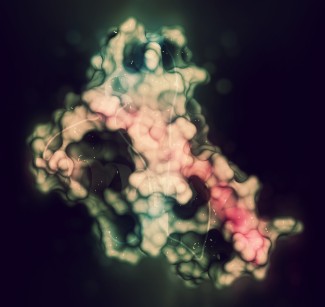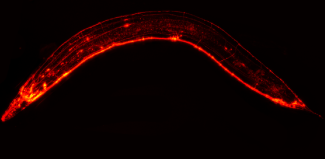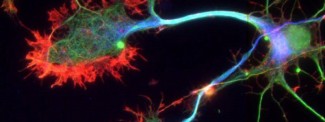Creutzfeldt-Jakob disease (CJD) is the most common form of prion disease in humans. There are three forms: sporadic, in which the origin is unknown; hereditary, caused by a mutation in the prion protein gene; and acquired, such as the variant form of CJD linked to the ingestion of bovine by-products contaminated with an abnormal prion protein.
Diagnosing Prion Diseases
Creutzfeldt-Jakob disease can only be formally diagnosed after the patient’s death, during a post-mortem examination that reveals the brain lesions characteristic of the disease. The diagnosis is therefore based primarily on clinical signs, after other conditions with similar symptoms have been ruled out.
In genetic forms of the disease, blood samples can be taken to search for mutations, with the informed consent of the individual. Prenatal diagnosis is possible if there is a family history of the disease.
At Paris Brain Institute
Stéphane Haïk, team leader at Paris Brain Institute and also coordinator of the National Reference Centre for Prion Diseases, is working to develop diagnostic tests to detect Creutzfeldt-Jakob disease. His team has been involved in the development of a biological test that can detect the prion responsible for the variant form of Creutzfeldt-Jakob disease (vCJD) in blood.
Find out more: https://parisbraininstitute.org/news/biological-test-detect-creutzfeldt-jakob-disease



